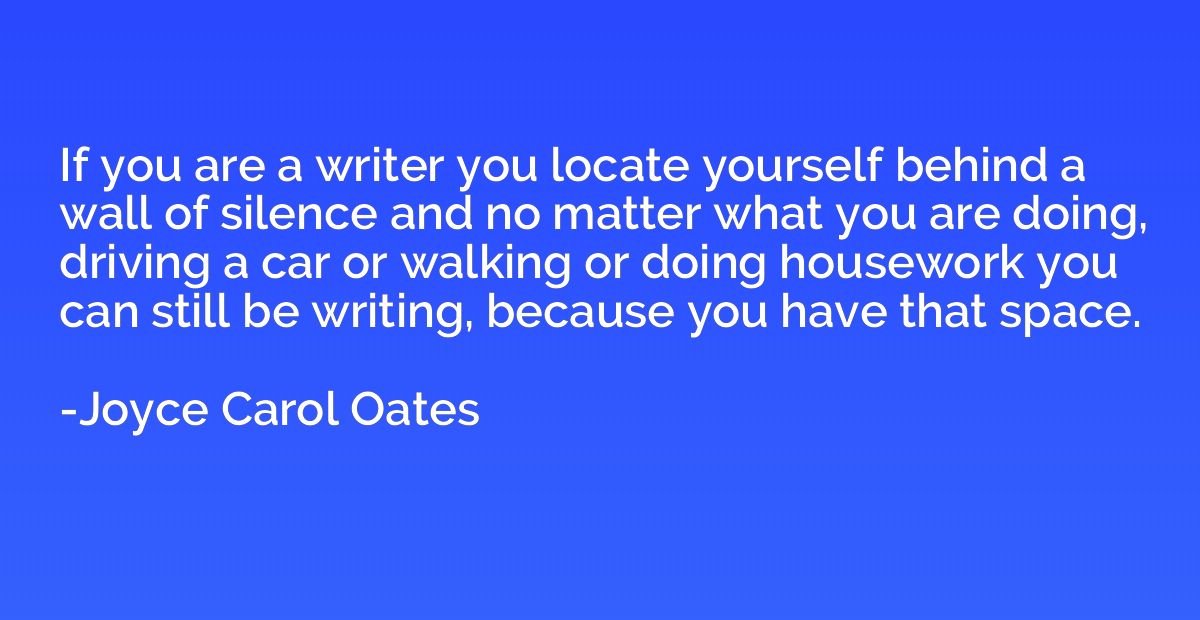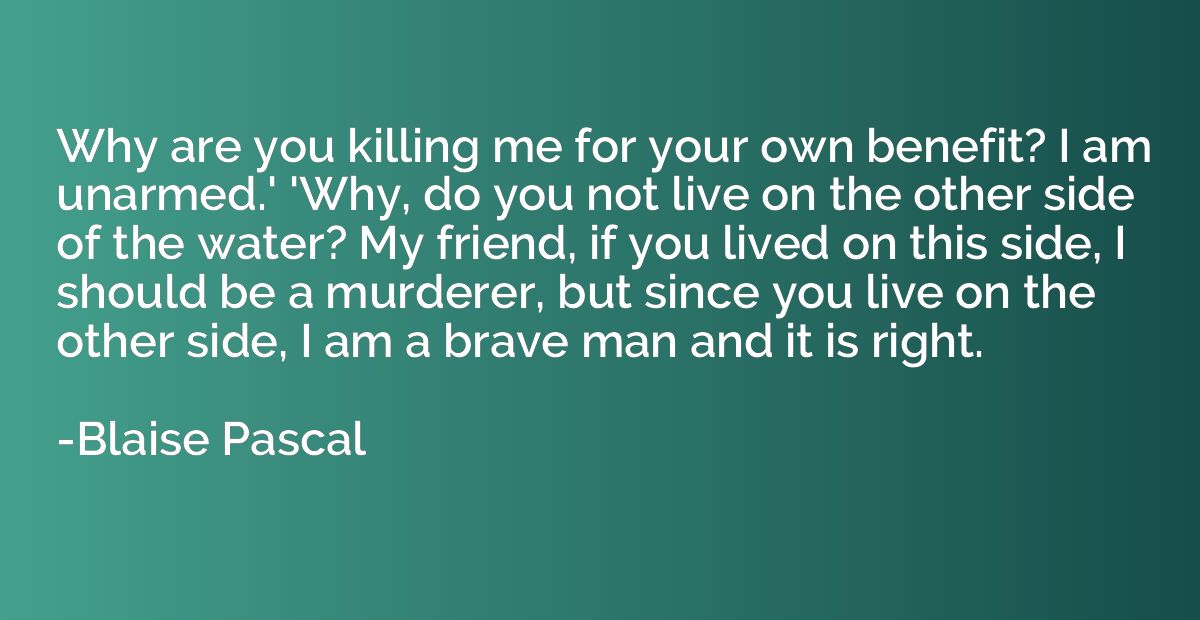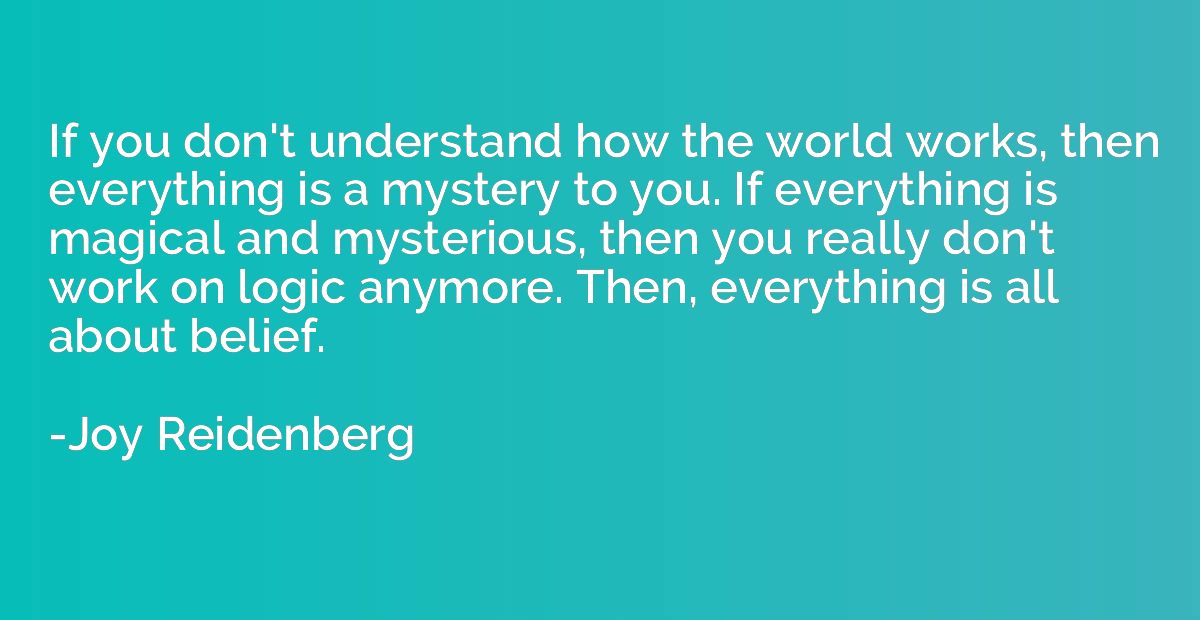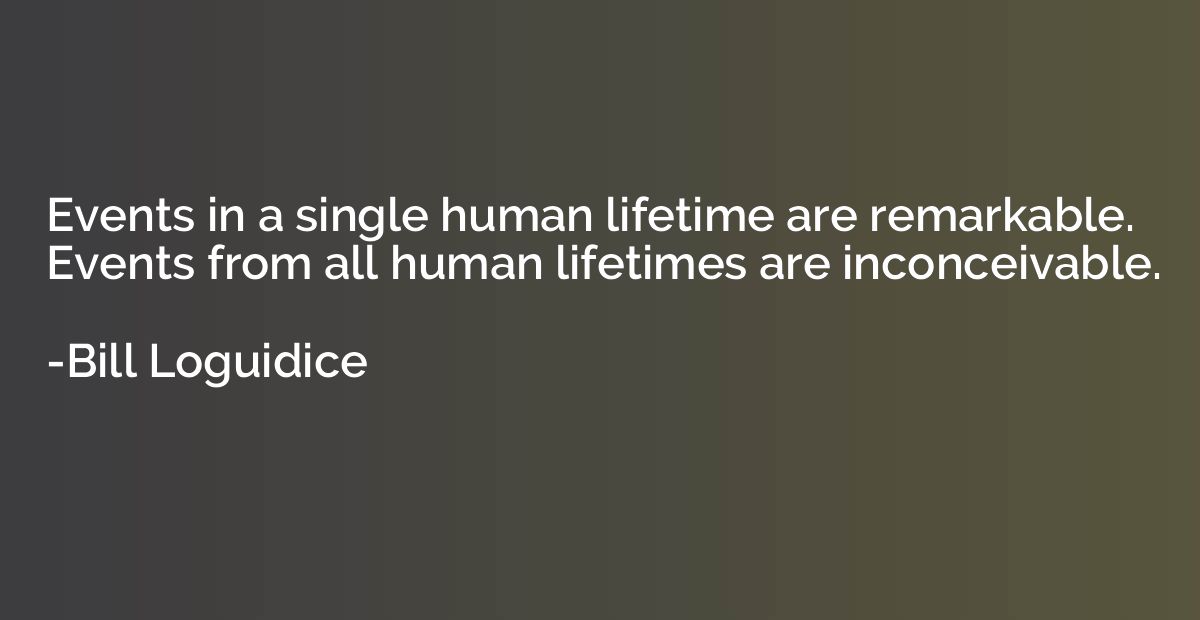Quote by Minnie Maddern Fiske, Mrs. Fiske
Many a play is like a painted backdrop, something to be looked at from the front. An Ibsen play is like a black forest, something you can enter, something you can walk about in. There you can lose yourself: you can lose yourself. And once inside, you find such wonderful glades, such beautiful, sunlit places.
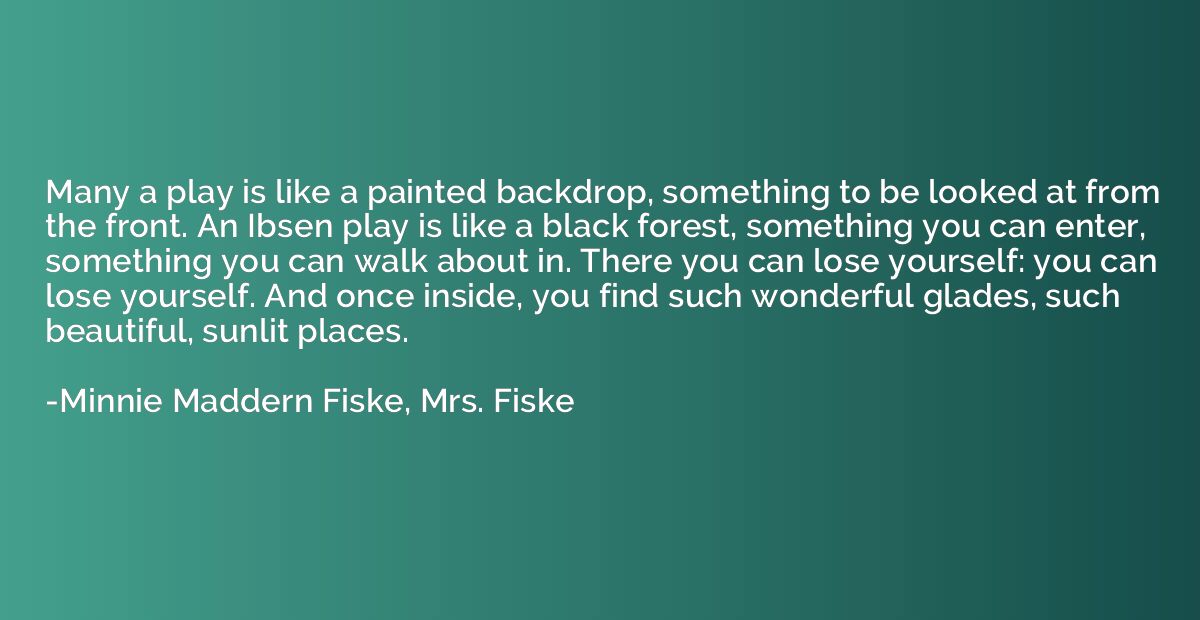
Summary
This quote highlights the distinct nature of Ibsen's plays in comparison to others. Unlike conventional plays that are superficial and only meant to be observed, Ibsen's works are immersive and multi-dimensional experiences. They are comparable to a vast, mysterious place like a black forest that one can enter and explore. Within these plays, one can truly lose themselves and discover enchanting scenes and moments of brilliance. The quote celebrates the ability of Ibsen's plays to captivate and transport the audience to fascinating and sunlit realms.




